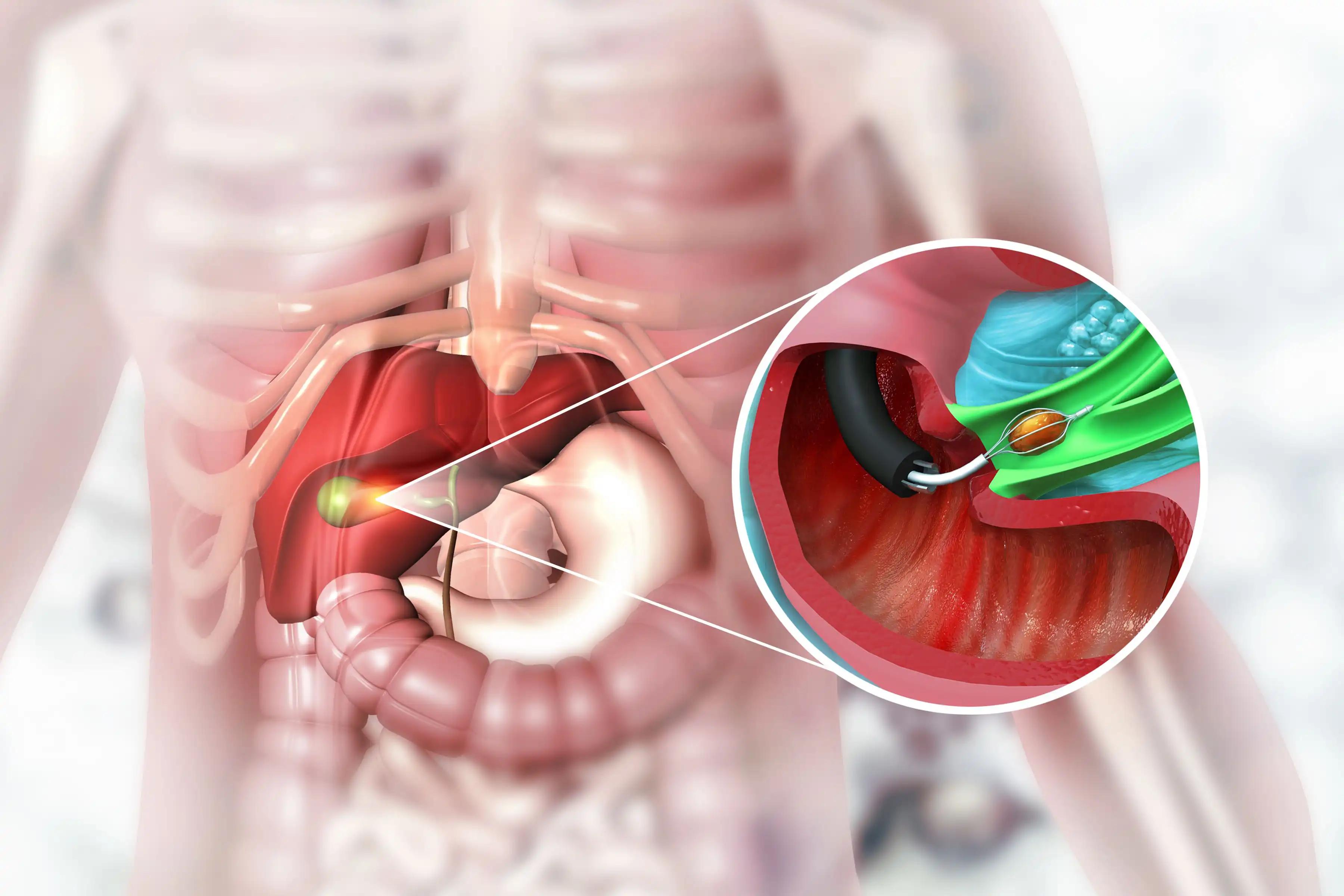KEY TAKEAWAYS
- The EV-302 phase 3 trial aimed to compare PFS and OS in previously untreated LA/mUC patients receiving EV+P versus PBC.
- The results concluded that EV+P improves survival without reducing QoL, reinforcing its value in patientsLA/mUC.
In the phase 3 EV-302 trial, patients with previously untreated locally advanced or metastatic urothelial cancer (LA/mUC) experienced nearly doubled median progression-free survival (PFS) and overall survival (OS) with enfortumab vedotin plus pembrolizumab
(EV+P) compared to platinum-based chemotherapy (PBC). These findings underscore the potential benefit of EV+P in this population.
Shilpa Gupta and the team spearheaded a study aimed to compare the median PFS and OS between EV+P and PBC in the phase 3 EV-302 trial.
Participants were randomly assigned in a 1:1 ratio to receive EV+P or PBC (gemcitabine with cisplatin or carboplatin). Patient-reported outcome (PRO) assessments included completing the EORTC Quality of Life Questionnaire (EORTC QLQ-C30) and the Brief Pain Inventory Short Form (BPI-SF) at baseline, weekly for 12 weeks, and then every 3 weeks throughout the follow-up period, which included the time after disease progression.
Prespecified analyses statistically tested time to pain progression (TTPP) and the mean change from baseline in worst pain at week 26 using the BPI-SF, employing a gatekeeping strategy. Mean change from baseline through week 26 and time to confirmed deterioration (TTCD) of EORTC-QLQ-C30 and BPI-SF domains were prespecified as descriptive analyses. Kaplan-Meier methods were used to assess TTPP and TTCD.
Of 886 participants randomly assigned, 731 (376 received EV+P; 355 PBC) completed baseline PRO questionnaires. Compliance rates differed between arms, with EV+P maintaining >70% through week 29, compared to only week 17 for PBC. Median TTPP was 14.2 months with EV+P and 10.0 months with PBC ([HR]=0.92; [95% CI]=0.72, 1.17; 2-sided P-value=0.48).
The LS mean reduction in worst pain at week 26 was notably greater with EV+P versus PBC ([LS mean difference [95% CI]: -0.58 [-1.05, -0.11] [nominal 2-sided P-value=0.015]). Patients with moderate to severe pain at baseline treated with EV+P (n=128, 34%) experienced meaningful (>2 pt) improvement in BPI worst pain from week 3 through 26.
Regarding EORTC QLQ-C30 Global Health Status/Quality of Life (GHS/QoL), EV+P demonstrated a transient worsening at week 3 (-6.3), returning to baseline from weeks 4 through 26, while PBC patients showed deterioration from week 1 through week 17 (range -1.2 to -7.1), with scores returning to baseline. TTCD for EORTC QLQ-C30 GHS/QoL was 5.9 months with EV+P versus 3.2 months with PBC ([HR] = 0.98 [95% CI]: 0.79 – 1.2).
The study concluded that patients treated with EV+P experienced enhanced survival compared to PBC recipients, with no negative impact on quality of life and functioning. However, lower-than-expected compliance, particularly in the PBC arm, may have influenced the outcomes.
The trial was sponsored by Astellas Pharma Global Development, Inc.
Source: https://meetings.asco.org/abstracts-presentations/231603
Clinical Trial: https://clinicaltrials.gov/study/NCT04223856
Gupta S, Loriot Y, Van Der Heijden MS, et al. (2024). “Patient-reported outcomes (PROs) from a randomized, phase 3 trial of enfortumab vedotin plus pembrolizumab (EV+P) versus platinum-based chemotherapy (PBC) in previously untreated locally advanced or metastatic urothelial cancer (la/mUC).” Presented at ASCO 2024. J Clin Oncol 42, 2024 (suppl 16; abstr 4502), DOI: 10.1200/JCO.2024.42.16_suppl.4502 (4502)



